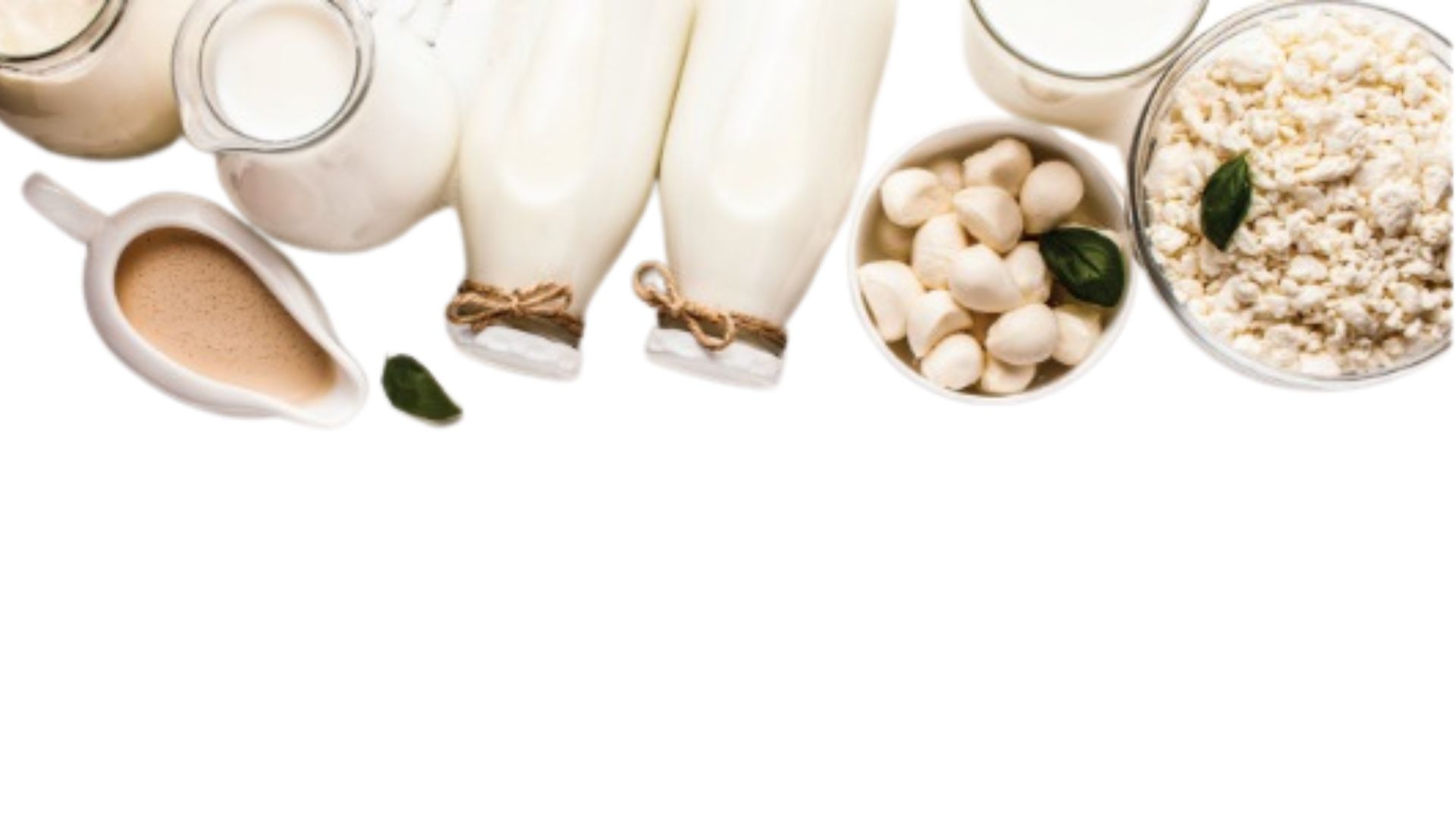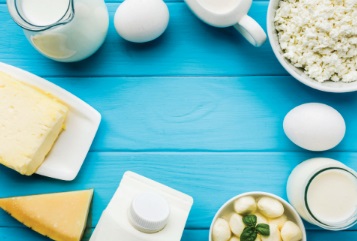Milk and calcium supplements aren't as helpful as they seem to be
How to safely get calcium from dietary sources instead of milk and supplementation
By Cheshire Que
Growing up, we learned that we need calcium from milk for stronger bones and teeth. Unless you are lactose intolerant since birth, you most probably consumed animal milk for most of your infant stage. Fortunate are those who have been breastfed.

As you get older, you begin to lose bone mass. Your bones get porous and you are at risk of getting injuries and fractures. You may have been diagnosed with osteopenia or worse, osteoporosis. Osteopenia is characterized by a decrease in bone mineral density. Technically speaking, your bones are weaker because they aren’t as dense. Left untreated, this condition worsens and the bones begin to further decrease in quality and structural changes occur and a patient may be diagnosed with osteoporosis. There will be decrease in bone strength and possible fractures or broken bones.
Where did you go wrong? You drank milk and yet you have weak bones! There are many factors that caused your bone mineral density to decrease. And these are factors that you need to seriously begin to adapt in your lifestyle even before thinking of popping calcium supplements.
Osteoporosis isn’t an issue of calcium deficiency. You are losing bone mass because you are not exercising! You need weight bearing exercises regularly to strengthen your bones. When we engage in weight bearing activities, the muscles and tendons apply pressure to the bones thus stimulating the bones to produce more bone tissue making it denser.
You may also be losing bone mass because you don’t get enough sun exposure. Deficiency in the sunshine vitamin D prevents the absorption of calcium in the body. It compromises bone health by stimulating the bones to release calcium making them weaker. This process is called bone demineralization. Ten to 15 minutes daily sun exposure for arms and legs without sunscreen will help you obtain vitamin D. If you are unable to get sun exposure, then consult with your physician or registered nutritionist dietitian for a vitamin D3 supplementation.
Are you eating dark green vegetables every day? Malunggay, kangkong, bok choy, broccoli, kale, spinach, and other dark green, leafy vegetables, as well as soy are high in calcium content. Contrary to what we have been made to believe, milk isn’t the superior dietary calcium source. Let us make a simple comparison. 100g of milk has 125mg of calcium, whereas 100mg of fresh soybeans has 161mg of calcium. While milk is also a high source of calcium, getting calcium from plant sources is better because it does not have side effects unlike milk.
Two large Swedish cohort or observational studies conducted for 20 years on 61,433 women and 45,339 men showed that a high milk intake is associated with higher mortality and fracture rates for both male and female participants. It is also associated with higher levels of oxidative stress and inflammatory biomarkers both of which are risk factors for cardiovascular diseases, diabetes, cancer, kidney diseases, autoimmune diseases, and more.

To further emphasize on the milk’s inability to prevent osteoporosis and hip fractures, a systematic review and meta-analysis was conducted by Hanirh Malmir and colleagues published in 2019 entitled “Consumption of Milk and Dairy Products and Risk of Osteoporosis and Hip Fracture.” The study concluded that a greater intake of milk and dairy products do not prevent or lower the risk of osteoporosis and hip fracture.
Another calcium source that is commonly taken would be calcium supplements. Unfortunately, this is detrimental to our heart health. Studies have shown that calcium derived from supplementation and not from food sources cause the arterial stiffness. Plaques form in the blood vessels and prevent optimum blood flow. This will prevent proper oxygenation of cells, increase blood pressure and lipids (cholesterol and triglycerides). Left untreated, this will lead to stroke or heart attack which are both fatal.
A meta-analysis was conducted by Seung-Kwon Myung et al published on Jan. 26, 2021 entitled “Calcium Supplements and Risk of Cardiovascular Disease: A Meta-Analysis of Clinical Trials.” Their findings concluded that calcium supplements significantly increased the risk of cardiovascular diseases and coronary heart diseases by 15 percent specifically in healthy postmenopausal women.
Giving up milk and dairy products will be challenging to many people. While you may be unable or unwilling to totally avoid it, it would be better not to rely on it for calcium intake. Instead of having it as a staple in your daily diet, have it occasionally in small quantities. Make your bones stronger by intentionally doing weight bearing exercises, getting daily sun exposure and consuming a variety of vegetables specifically dark green veggies and soy. It would also help to decrease intake of animal meat. Animal meat products are acid forming and increases the amount of calcium loss through the urine.